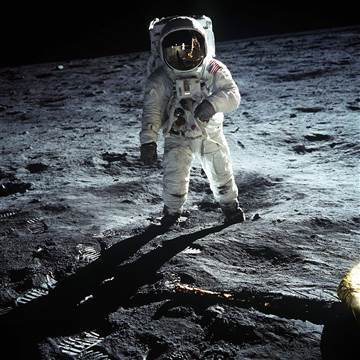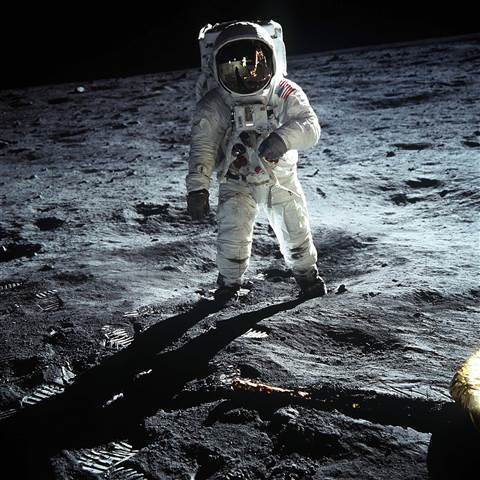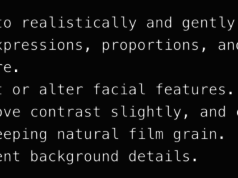President Trump has said he wants to “unlock the mysteries of space” and “focus on stretching the envelope of space exploration.”
He may now have the chance to send astronauts to orbit the moon, a mission that carries significant risk — but which, if executed smoothly, could bring huge benefits to accelerating future missions to deep space.
Robert Lightfoot, NASA’s acting administrator, wrote in a memo to employees this week that he was asking the human spaceflight team to review the possibility of adding crew to an EM-1 test flight planned for next year.


Related: Will President Trump Invest in Space Exploration?
That flight will be the maiden voyage for NASA’s SLS rocket, designed for deep space missions, such as a future one to Mars, along with an Orion crew capsule. The test flight is set to spend three weeks in space, with several days orbiting the moon.
“I know the challenges associated with such a proposition, like reviewing the technical feasibility, additional resources needed, and clearly the extra work would require a different launch date,” Lightfoot wrote, according to the Washington Post. “That said, I also want to hear about the opportunities it could present to accelerate the effort of the first crewed flight and what it would take to accomplish that first step of pushing humans farther into space.”
It’s unclear if the directive is coming from the Trump administration, since they haven’t shared much about their plans for NASA and a new administrator hasn’t yet been appointed.
Dr. Scott Parazynski, a retired astronaut and a professor of practice at Arizona State University’s School of Earth and Space Exploration called the crewed mission idea an “audacious challenge.”
“If you have a crew on board, the complexity of the mission increases substantially,” he told NBC News. “You are committing to making it a perfect round trip. You need to have the life support systems, the launch abort system and the recovery systems built into the vehicle the first time around.”
PHOTOS: The 12 Men Who Walked on the Moon
All of that of course takes money, which is of course dependent on the budget Trump chooses to set for NASA, which is then passed by Congress.
The current proposed budget for NASA in 2017 is $19 billion — down $300 million from the previous year but still an improvement from the past decade, which saw the end of the space shuttle program.
There’s also a huge risk sending humans on the first-ever test flight. The only time NASA has ever launched a crew on the first test flight was the STS-1 shuttle mission in 1981.
“This is about demonstrating capabilities so we can do really exciting things. How close can we get within four to eight years with having boots on the ground [on the moon]?” Aaron Oesterle, policy director for the Space Frontier Foundation, told NBC News.
Whether it could be a geopolitical show of force is also another question that remains unclear.
“During the Apollo years, going to the moon was linked directly with the ability to launch nuclear missiles,” Oesterle said. “I think [if there is a link], that is unclear right now. There is a lot of commercial interest in the moon and there are geopolitical ramifications. The European Space Agency has talked up the idea of a lunar village and you have things like the Google Lunar XPRIZE,” challenging private teams to land a robot on the moon.
The timing of the announcement comes as Trump plans to hold a rally in Melbourne, Florida on Saturday, less than a one hour drive away from Kennedy Space Center.
That same morning, SpaceX will conduct a cargo launch from the historic Apollo pad, where the first mission to the moon launched in 1969.







